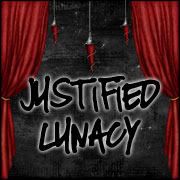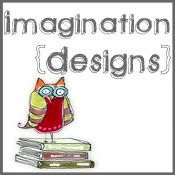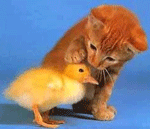I'll be teaching a whole unit on a novel and today the class picked up the novel, Tomorrow when the War Began (lots of moans and groans and 'Miss, I don't like to read'). It's truly an Australian novel, with language and everything... the class had to collect a dictionary of Australian slang words. Here's a trailer for the movie that's coming out in September.
This actually made me think (*gasp*), would people from other places find a novel with local slang harder to read, or would they be able to fit a definition to the word based on the sentence? I've actually had problems in previous novels, especially since most of my readers are from England or America, where they didn't understand what I was trying to convey.
The hardest time is when that single word changes meaning in different languages. One example was Jumper. This:
Changed to:
It doesn't seem like much, but the person reviewing the chapter couldn't understand why my MC was grabbing jumper just in case it was cold.
Slang, just like dialects in dialogue, can sometimes hinder a person's understanding of the story (seriously, there were even some words/phrases that I had never heard of and I'm Australian), but it can also used to convey the setting. So, how do you choose what slang to use in an MS?
- Don't use FAD words
Words that are current at the moment might become outdated before your novel is even published. Such terms as Cool, Bad, Slamming, Rad, etc could mean something totally different so your story will feel outdated, or worse, your readers won't be able to understand it. - Use if adds to setting/era
You can't deny it, slang terms makes up a culture and such terms are necessary to indicate the time or place that the novel is set (this is especially important if you're writing a historical novel since they didn't speak the same way we do now). - Make sure readers can get definition from within the sentence
If a reader has to spend a long time trying to decode the slang that's in a story, then the reader won't want to continue reading (I know I won't... I barely like trying to decipher long-winded fantasy names at the best of times). Simple and sweet is the best way to utilise slang terms, don't go for the hard sayings that no one has ever heard of. - If it helps, it helps
Above all, don't try to eliminate all culture and background. The way we all speak is based on the words we've grown up with. If you try to eliminate all slang words, then you're eliminating a lot of personality from the novel. Just think about what you're saying before you put it in.
And on a final note, here's a little quick for you. Can you answer these questions on Australian slang?
- Get your "thongs" on
- Rack off
- I feel safe with the "bum bag"





































